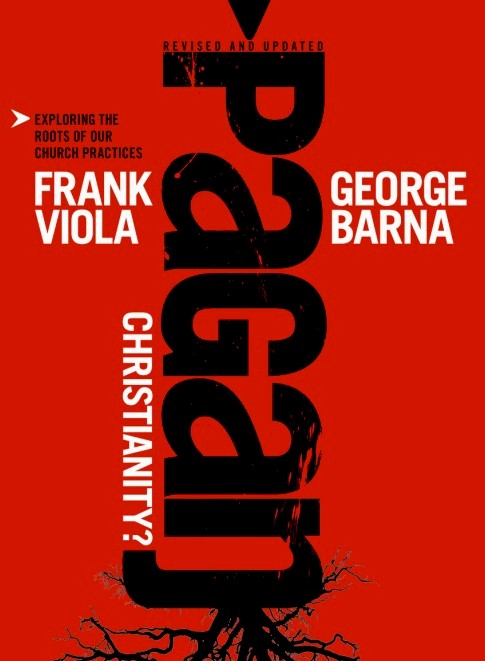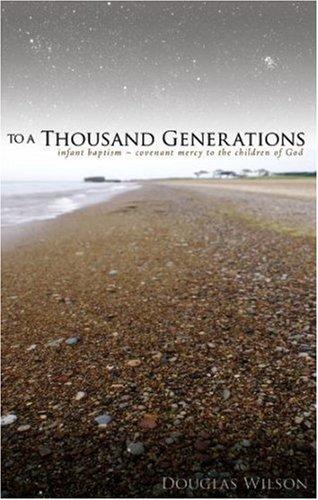 |
| My book pile. The only book I am yet to get is Leepike Ridge. |
Pigs Have Wings by P. G. Wodehouse ✔Much better than expected - the best of the Blandings books
This will be, I think, my 20th Wodehouse book. It's one of the Blandings series, which are not nearly as good as either Jeeves or Mulliner.
A Case of Conscience by James Blish
This seems to have been the inspiration behind Mary Doria Russell's superb novel The Sparrow. A Jesuit priest is sent to investigate an alien race.
Leepike Ridge by N. D. Wilson ✔Wonderful story - read the review
I read five novels by N. D. Wilson this year, and all of them were excellent. I have not reviewed them here, but I agree with pretty much everything Suzannah said on her blog. Anyway, this book is an earlier work, but I just can't get enough of this author.
Persuasion by Jane Austen ✔Brilliant!
I have read three Jane Austen novels now - Emma, Pride and Prejudice and Mansfield Park. I aim to finish them all before I turn forty, at which point I plan to start on the Russians. This is Kara's favourite Austen novel.
Derwood, Inc. by Jeri Massi ✔Simply charming
This is another of Kara's favourite books. I read Massi's Secret Radio when it was serialised on her blog several years back, but this is of a very different genre.
Treasure Hunt by Frederick Buechner ✔A fitting end to a fascinating series
The is the final installment of the Bebb tetralogy. I read the first three books many years ago, and have been re-reading them over the last few years.
Theological books:
Reformation and Scholasticism: An Ecumenical Enterprise
Reformed scholasticism is not talked about that much. It is barely covered in theological seminaries, and even the Wikipedia article was only created a few weeks ago. I'd like to learn move about all this.
Introduction to Old Testament Theology: A Canonical Approach by John Sailhamer ✔Heavy going at time, but quite helpful
I have a special interest in canonical approaches to the Bible.
Piety and the Princeton Theologians by W. Andrew Hoffecker ✔Insightful
Thoughts on Religious Experience by Archibald Alexander
The Princetonians are attractively unfashionable these days. But I remember hearing Iain Murray speak years ago and suggest that one might make a special study of them the way Martyn Lloyd-Jones made a special study of the Puritans.
The Bible in the University ✔Patchy, but held my interest
This is in the same series as Canon And Biblical Interpretation, which I read last year.
The Federal Vision and Covenant Theology: A Comparative Analysis by Guy Prentiss Waters ✔Not very good - read the review
The author is coming to PTC next year for an MA intensive subject on Romans. The subject of this book is an important one, especially since the PCV recently appointed a committee to investigate Federal Vision theology and report back to next year's Assembly.
Other Christian books:
Ascent to Love: A Guide to Dante's Divine Comedy by Peter Leithart ✔A helpful introduction
I've read several of Leithart's books now, and I always find him stimulating and biblical. I plan to re-read the Divine Comedy again this year, perhaps in real time over Easter. The Inferno begins on Maundy Thursday, and ends on Easter Sunday, while the Paradiso takes place on Easter Wednesday. I should also point out that the Divine Comedy is set when the author was 35 ("Midway this way of life we're bound upon"), and I will be turning 35 this year.
Dying We Live: The Final Messages and Records of the Resistance ✔Engaging and illuminating
I plan to make this my Lenten reading for next year.
The Prophetic Imagination by Walter Brueggemann
This is a book about applying biblical theology to Christian ministry - looking at how a pastor is to be like a prophet.
This Odd and Wondrous Calling: The Public and Private Lives of Two Ministers by Lillian Daniel and Martin B. Copenhaver ✔Interesting, but too liberal to be really helpful
This is another book about pastoral ministry, in which the authors share their thoughts and experiences. One of the authors, it must be noted, is a woman.
The Life and Diary of David Brainerd ✔Inspiring
I don't often read diaries, and I don't often read missionary biographies either - I think the last one I read was John G. Paton's Autobiography, and that was three years ago. But I've been meaning to read Brainerd for a while, and I was reminded of it again recently while reading David Platt's Radical.
The Philosophy of Science and Belief in God by Gordon H. Clark ✔Hard to follow
Gordon H. Clark: Personal Recollections ✔Strange - read the review
I don't know very much about Gordon Clark - I guess I think of him only as the guy who disagreed with Cornelius Van Til on some things.
Miscellaneous:
The Writing Life by Annie Dillard ✔More on life than on writing, but that was OK
Kara and I read Dillard's Pilgrim at Tinker Creek last year, separately, and this year read An American Childhood together. Both were excellent.
The Well-Trained Mind: A Guide to Classical Education at Home by Susan Wise Bauer ✔Useful, but frustratingly secular
Another book to help me think through homsechooling, most likely in some form of the classical tradition.
The History of Rasselas, Prince of Abissinia by Samuel Johnson
Boswell's Life of Johnson
Another pairing - I have been meaning to read Boswell's Life of Johnson for ages, and thought that I might as well read a book by Johnson at the same time.
Utopia by Thomas More
Thomas More's Magician: A Novel Account of Utopia in Mexico by Toby Green
I came across Thomas More again recently in Chesterton's A Short History of England: "He was above all things a Humanist and a very human one. He was even in many ways very modern, which some rather erroneously suppose to be the same as being human; he was also humane, in the sense of humanitarian." Green's book relates the account of Vasco de Quiroga, who was inspired by the book to attempt the construction of a utopia in Mexico.

















